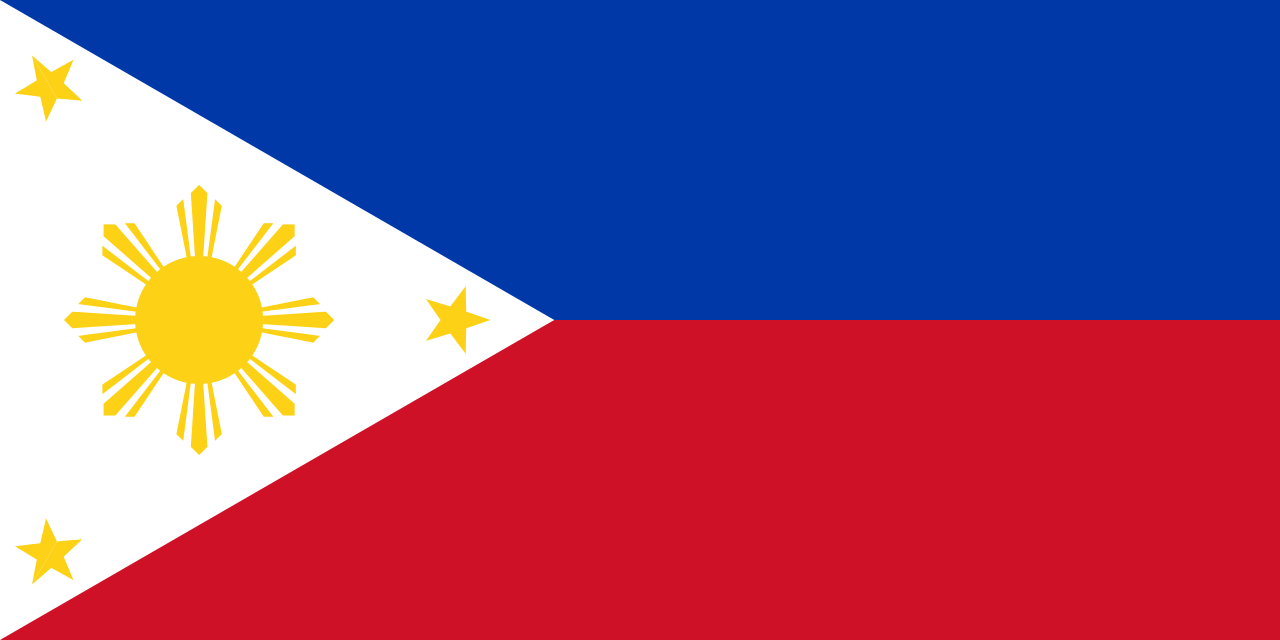CEBU, Philippines – The government’s Accelerated and Sustainable Anti-Poverty Program (ASAPP) is giving a boost to the local coffee industry in Tuburan, Cebu as government agencies, LGUs, and private enterprises collaborate to expand production and markets of coffee growers in the area.
Launched in 2015, ASAPP aims to ensure that poverty reduction programs are focused, well targeted, and coordinated. In Cebu, stakeholders identified the coffee industry as a potential driver of inclusive growth that will increase the incomes of the poor in the areas
The National Economic and Development Authority (NEDA) Office in Region VII, headed by Regional Director Efren B. Carreon, leads the ASAPP Cebu Action Team in discussing poverty-reduction programs to Tuburan, Cebu residents
Convened by the Regional Office of the National Economic and Development Authority (NEDA) in Region VII, the ASAPP Cebu Action Team led discussions among local government units (LGUs), line agencies, private enterprises, and community members to come up with a poverty-reduction program in Tuburan through developing local Tuburan coffee.
Based on coffee site visits and an assessment of the 2,000 hectares currently planted to coffee in Tuburan, the ASAPP Cebu team developed various technical assistance projects to enable the town’s local coffee growers sector to increase production and sell to wider markets.
These include technical assistance on coffee production, coffee handling practices, and post-harvest facilities as first steps.
The team also found the need to provide coffee seedlings and funds for fertilizers, as well as for post-harvest facilities and facilities for coffee bean grinding/processing. Being part of commercial value chains is likewise considered crucial.
“What is good about the ASAPP is that it is inclusive—the community, the LGUs, the line agencies and the private sector all work in a coordinated fashion towards a common goal and common interest of raising incomes.
ASAPP is mutually beneficial to all stakeholders in the area,” said NEDA Deputy Director-General for Policy and Planning Rosemarie G. Edillon.(PCO)
The ASAP-Cebu Action Team is composed of members of the Tuburan LGU and its coffee people’s organizations. From the private sector, Bo’s Coffee and the Philippine Retailers Association were involved in the Tuburan coffee ASAPP project.
From the government, representatives were from the NEDA, Department of Trade and Industry (DTI), Department of Environment and Natural Resources, Department of Agriculture, PCA, Department of Social Welfare and Development (DSWD), Technical Education and Skills Development Authority, Department of Interior and Local Government, Department of Labor and Employment, and the Cebu provincial government.
Meanwhile, another ASAP undertaking in Cebu was the collaboration between the DTI and the DSWD, together with LGUs, to provide retail trade management training and seed capital to 105 individuals in the towns of Dalaguete, Tuburan and Santa Fe, Cebu.
Also under the ASAPP, DTI conducted entrepreneur-driven intensive trainings for the Hapao basket weavers in Tuburan. Raw materials used during the training were supplied by a private partner that also purchased the finished products of the participants.
“One of the poverty reduction strategies of the ASAPP is to assist marginalized groups in self-employment. This includes apprising them of industry demand and assisting them in responding to this demand through capacity-building, production and value-adding support, and linking them to markets and institutional buyers,” said Edillon.
Consistent with the mid-term review of the PDP, ASAPP accelerates the inclusion of marginalized groups in the growth process by making the interventions area-specific and responsive to the gaps that the private buyers and grassroots suppliers identify.
The ASAPP was implemented in nine pilot provinces, which are considered the poorest provinces in the country. These are Iloilo, Pangasinan, Quezon, Camarines Sur, Negros Occidental, Cebu, Leyte, Zamboanga del Sur, Davao del Sur, and Sulu.
The NEDA is the convener of the ASAPP Action Team in Cebu, comprising members of the Human Development and Poverty Reduction Cluster and selected members of the Economic Development Cluster.












